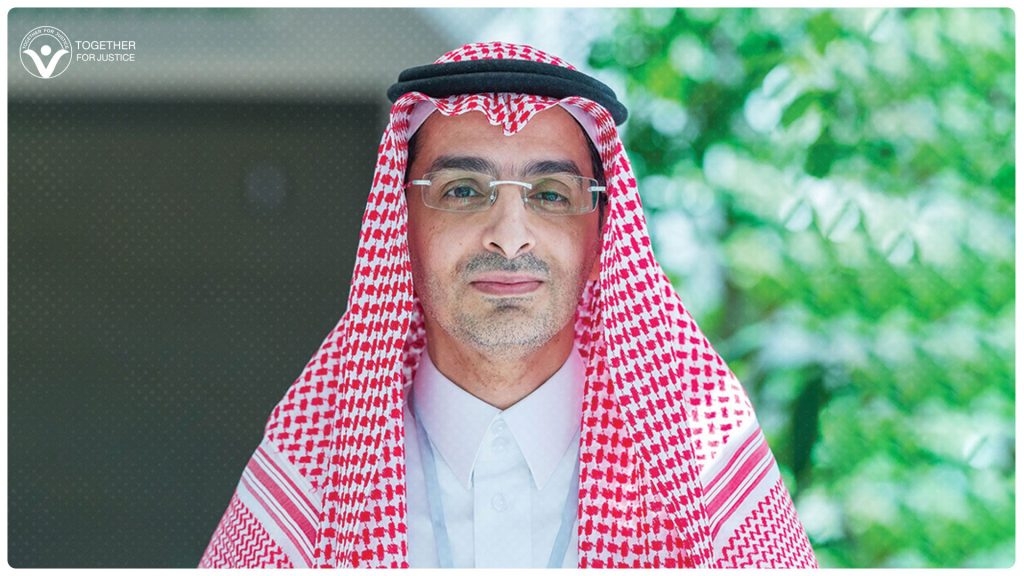Four years have passed since the enforced disappearance of Dr. Saud Al-Sarhan, former Secretary-General of the King Faisal Center for Research and Islamic Studies, who was detained in October 2021 and has not been seen or heard from since. His case remains one of the clearest examples of how academic analysis and intellectual expression have become grounds for punishment in Saudi Arabia’s current climate.
Before his disappearance, Dr. Al-Sarhan was a respected researcher working within one of the country’s most prominent policy institutions. His writings focused on political dynamics, historical contexts, and the direction of the Kingdom’s future. In the months leading up to his arrest, he published an analytical piece discussing Saudi Arabia’s political and economic trajectory under Crown Prince Mohammed bin Salman, expressing concerns grounded in scholarly assessment rather than activism or opposition rhetoric.
Shortly after the re-emergence of former royal adviser Saud Al-Qahtani—a key figure associated with past crackdowns—an order was reportedly issued for Dr. Al-Sarhan’s arrest. In October 2021, he disappeared following his detention, and since that time there has been no official confirmation of his location, health, legal status, or whether any charges were filed against him. His case has been met with complete silence from the authorities, leaving his family and colleagues without answers.
Dr. Al-Sarhan’s disappearance is not an isolated anomaly; it reflects a broader pattern in which writers, academics, and analysts face reprisals for views that do not fully align with the state’s narrative. What makes this case especially alarming is that it involves a senior figure formerly embedded within an official research institution—highlighting that even institutional affiliation offers no protection when intellectual output crosses into areas deemed sensitive.
The absence of transparent legal proceedings, the lack of communication with family, and the total concealment of his whereabouts place Dr. Al-Sarhan squarely within the definition of enforced disappearance, a violation prohibited under international law. After four years of silence, the continued concealment of his fate is a direct threat to his safety and a serious breach of Saudi Arabia’s obligations to protect the rights of individuals under its jurisdiction.
This situation raises pressing questions about the state of academic freedom, the right to expression, and the safety of researchers in the Kingdom. If an academic of Dr. Al-Sarhan’s stature—working within established institutions—can disappear for four years without judicial process, the implications for others in the intellectual and research community are profound.
The demand today is simple and non-negotiable:
Where is Dr. Saud Al-Sarhan?
It is the responsibility of the Saudi authorities to disclose his location, guarantee his safety, allow him communication with his family, and ensure that his rights under domestic and international law are upheld. Continued silence cannot be interpreted as anything other than an escalation of harm and a prolonged violation of his most fundamental rights.
Four years on, the call remains urgent:
Reveal his fate. End the disappearance. Restore his freedom.

